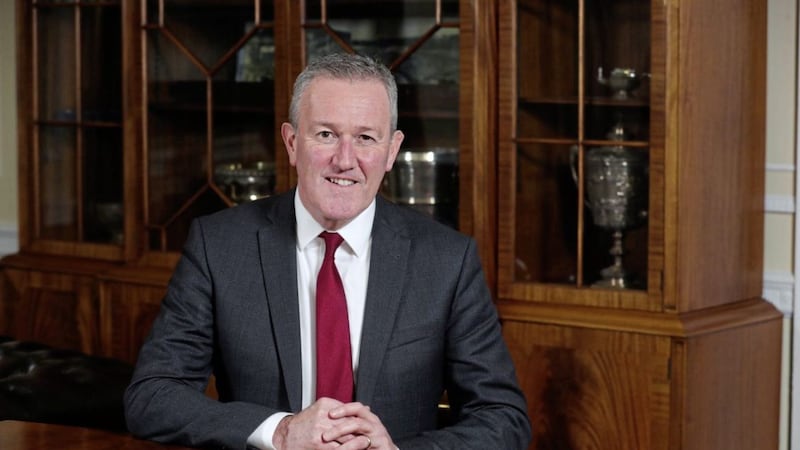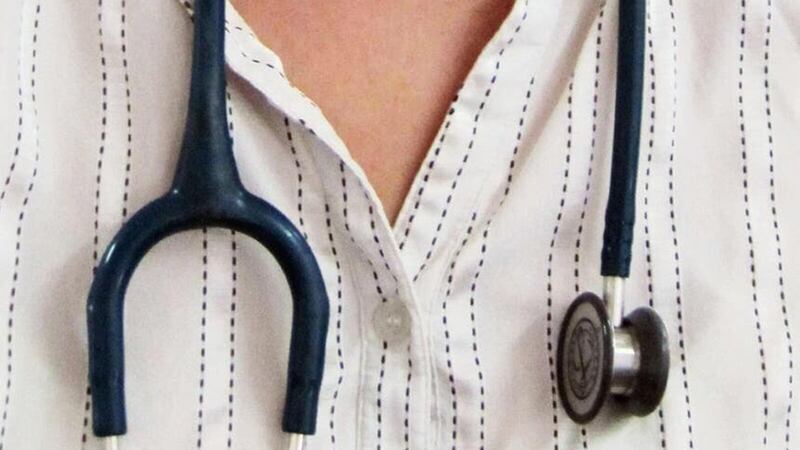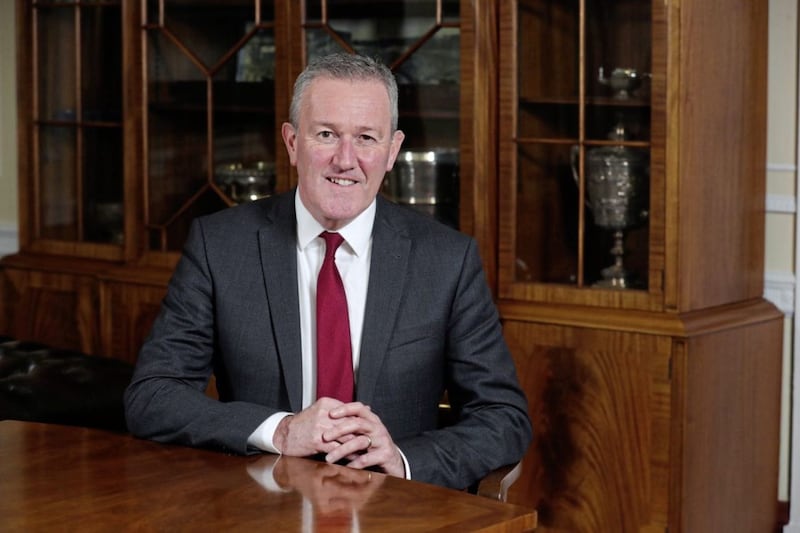FINANCE Minister Conor Murphy "will have to look" at raising domestic rates in order to fund Stormont priority issues of health and education.
Mr Murphy said "nine years of austerity policies have brought public services to their knees" and he has "a two year window to try and achieve some things".
He said domestic rates will be looked at along with business rates.
"Domestic rates will come in as well because we need to look at what is available to use and certainly when we go to produce a budget in the springtime, when we go to produce legislation for domestic and non domestic rates, then the assembly is going to have to take all of that into consideration.
"I can't take anything off the table.... We have very limited powers for revenue raising," he told the BBC.
The minister said "health is the number one issue clearly, followed by education".
"I haven't had the opportunity yet at all to discuss the issue of domestic rates with department. I know these issues are coming."
Mr Murphy insisted he wants "a rates system which is fair with non-domestic rates set which tries to support the priorities in terms of growing the economy... (and in domestic rates) for those who can afford to pay the most to pay the most and those that are struggling are looked after in that regard".
He said he is not actively pursuing a cut in the corporation tax rate.
Stormont secured the power to set its own rate in 2015 after a long campaign involving politicians and business leaders, but it was not implements before powersharing collapsed.
The plan had been to reduce the rate to 12.5 per cent so it would be in line with the tax in the Republic.
The UK-wide rate now sits at 19 per cent nationally.
"For Sinn Fein's part, we always insisted that caveat be put in, a very honest assessment of what a cut would cost and what the impact on the public services would be," he said.
"I think the issue probably has, given Brexit and given the change in economic and political circumstances... reduced in significance and we find ourselves struggling just to provide the basic public services.
"So I think issues like that certainly have receded.
"That's not to say that others may not raise it again but it's not something that I'm actively pursuing."



